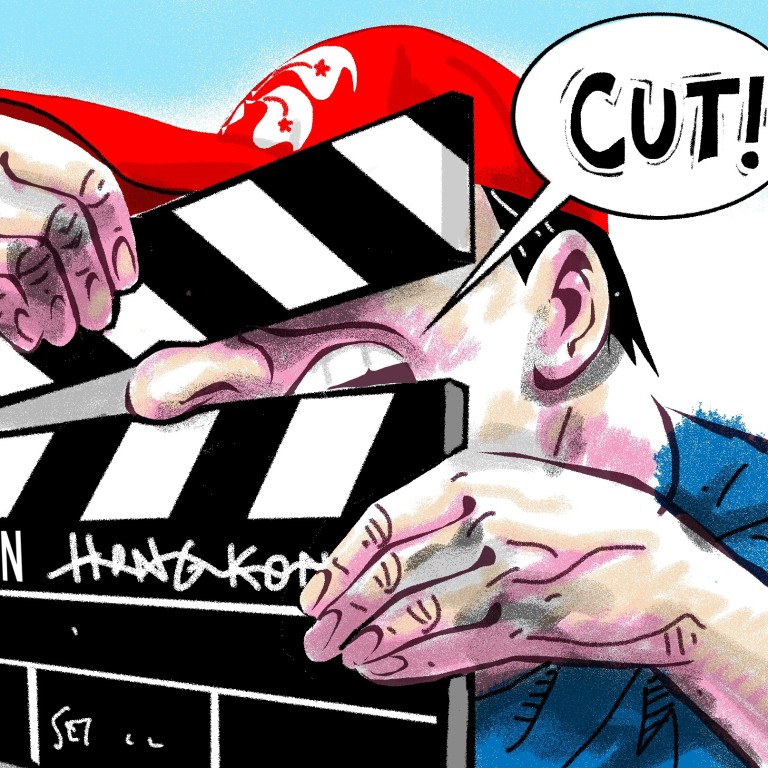
Film rebates can revive Hong Kong’s movie industry and boost the economy
- With big productions increasingly filming only where rebates and subsidies are offered – such as Vancouver, Atlanta and London – Hong Kong is missing out on the action, when its once-proud movie industry and battered economy could do with a boost
In the autumn of 2017, I co-starred with Dwayne Johnson (of The Rock fame) in the Universal Pictures film Skyscraper . The story was set entirely in Hong Kong with a production period spanning eight months, including four months of principal photography. When I signed on, I was told we would do two weeks of principal photography in Hong Kong, and the rest in Vancouver, Canada. As we got closer, the two weeks became one week, then one week became none at all.
A US$150 million Hollywood summer blockbuster film set in Hong Kong ended up shooting entirely in Vancouver. The reason? Vancouver has a film rebate of roughly 40 per cent of all local expenditure, whereas Hong Kong offers none.
Simply put, film rebates or subsidies return a percentage of what a film, television, animation, commercial or documentary production spends in the location that it chooses to shoot in.
Today, Hollywood productions will only consider shooting where film rebates or subsidies are offered. Locations such as Vancouver, Toronto, Atlanta and London provide stable film rebates and, as a result, are the busiest film hubs in the world. Local governments understand that foreign productions with big budgets create jobs and inject massive amounts of cash into their local economy whenever they shoot in their cities.
Studies have shown that wherever film rebates are implemented, the economic multiplier effect in that region ranges from 12 to 20 times, significantly increasing in the region’s gross domestic product and its retail, tourism and job creation. Australia, which introduced film rebates in 2007, has an industry that added A$3 billion (US$2 billion) to the local economy for the 2014/2015 year, and created more than 25,000 full-time jobs, according to a report commissioned by Screen Australia.
Hong Kong cinema is not dead, as recent successes show
Most neighbouring Asian countries now offer some form of film rebate, and up to 40 per cent in some instances. For example, Thailand introduced film rebates in 2017; last year, at least 462 foreign productions were shot in the country, injecting around US$117 million into the local economy.
To be clear, this is not a government handout or a bailout. This is an opportunity for the Hong Kong government to put into motion a proven policy that will attract a steady stream of foreign productions with massive budgets to shoot in Hong Kong, which translates immediately to significant cash injections into the local economy, creating jobs for locals, revitalising the hotel, food and beverage, and tourism industries, sustaining and developing the local film industry, and, perhaps most pertinent of all, rehabilitating Hong Kong’s international image.
Ranking every 2019 Hong Kong film, from worst to best
Imagine if, instead of shooting in Australia or Atlanta, the next series of Marvel movies are shot in Hong Kong – how big a boost that would be for our city.
Born and bred in Hong Kong, Byron Mann has starred in close to 70 feature films and television series in Hollywood, Hong Kong and mainland China

